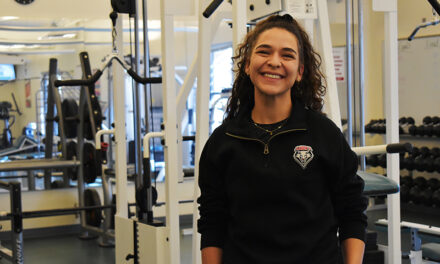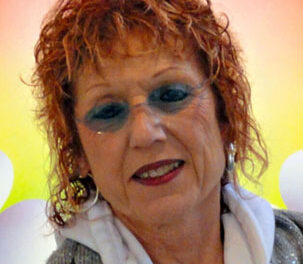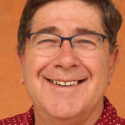Mark Twain told an elderly woman of his acquaintance that he had found he felt better if he cut back on drinking, smoking eating and swearing and that she might too.
When she answered that she neither drank, smoked nor swore, he said her situation was desperate because she had “neglected her habits. One or two little bad habits would have saved her.”
Twain took over the body of actor Hal Holbrook for an appearance at Popejoy Hall Friday night, making the same sort of appearance he was famous for before his death. He went on worldwide tours, giving lectures and sharing his tart, eyebrow-raising observations.
Holbrook, who has channeled Twain for 30 years, has a repertoire of hundreds of selections from Twain’s writings. As the program said, “While Mr. Twain’s selections will come from the complete list below, we have been unable to pin him down as to which of them he will do. He claims it would cripple his inspiration.”
There was something for every Twain-oholic: a long scene from “Huckleberry Finn,” memoirs of his days as a miner and a newspaper reporter, excerpts from his travel essays.
Along the way, he managed to poke fun at Democrats, Repub-licans, Christians, the elderly, reporters, politicians, lawyers, even murderers.
Hearing these sharp observations rather than just reading them gave the audience a clue as to the origins of American humor.
There was the one-liner: “Shakespeare’s dead, Chaucer’s dead … and I’m not feeling so well myself.” Shades of Henny Youngman.
With his big moustache and the smoke from his cigar circling toward heaven in the spotlights, you saw the spirit of Groucho Marx and heard the ancestral cadence of the sitcom.
You recalled the great American storyteller sitting around the pot-bellied stove at an old-time general store — and you heard the echoes of your favorite uncle who always could tell the funniest stories with the straightest face. Twain was the trailblazer for them all.
The great comic writer made fun of himself, too:
- “I knew money was the root of all evil, and I wanted all I could get.”
- “I was looking for a job, but I didn’t want to work, so I became a reporter.”
- “My religion does not believe in total abstinance. We believe in reform, but not success.”
Surely, Twain was there in that room because Holbrook couldn’t have pulled it off so perfectly alone. He had the stance we’d seen in the photographs, he sounded the way we all think Twain must have — kind of knowingly amused with his own wit.
If that wasn’t Mark Twain up there, it was the best we could get a century after his death.
So many in the audience appeared to have been Twain afficionados, waiting for the punchline, almost appearing to be saying it in their minds along with the guy alone up on the stage with an armchair, a table covered with books and a podium.
Popejoy audiences are notorious for standing ovation inflation — I’m not sure I’ve been to a performance there where one wasn’t at least attempted. But this time the performance was deserving of such applause. Holbrook shrugged it off as Twain would have — secretly pleased, but pretending not to be — and disappeared from the stage. He did not return for an encore because Holbrook was the encore to the biggest act in American letters.
Twain remains the most distinguished member of the American community of letters. No one has taken his place yet, and it’s likely no one ever will. He’s our Shakespeare and our Dickens combined — a man whose language was eloquent and who produced stories that changed the fabric of our society. No indictment of slavery is quite so compassionate and telling as “Huckleberry Finn,” controversial in recent years, but a loving portrait of two human beings.















